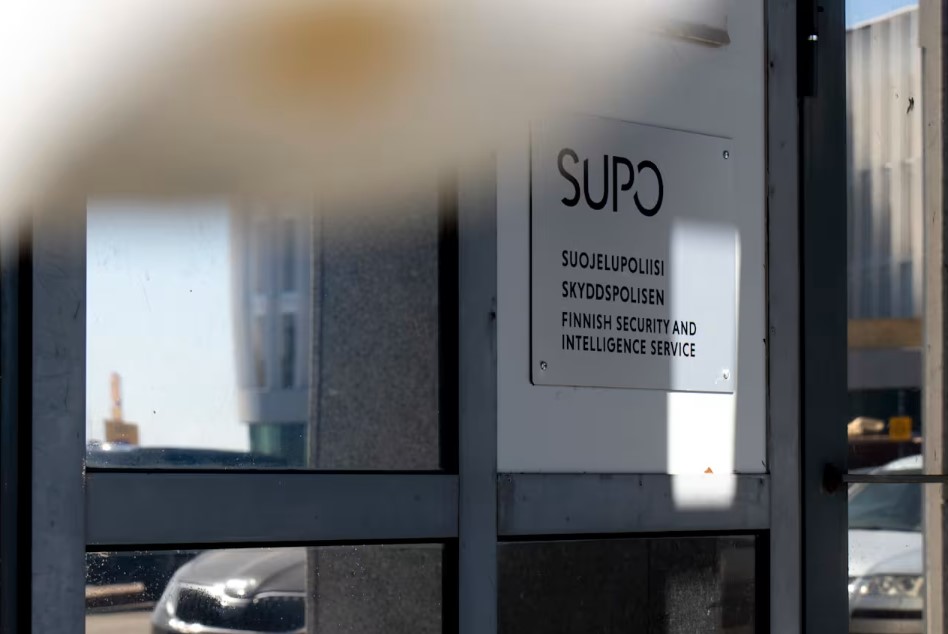Main image by Tanja Heino / Yle
The Finnish Security Intelligence Service (Supo) reports that Russian spies are increasingly using journalism and scientific research as cover for espionage activities in Finland, as reported by Yle.
Since Finland joined NATO, Russian intelligence interest in the country has intensified, but traditional methods, such as using diplomatic cover, have become less available. As a result, Russian intelligence has had to seek alternative approaches, such as posing as journalists and researchers.
Over the past year, Finland has expelled nine Russian diplomats suspected of espionage, significantly weakening Russia's ability to gather information in the country. However, the need for data remains high.
According to Supo, the implementation of new intelligence methods is a slow and complex process. According to the Finnish Security Intelligence Service, Russia has been forced to shift its focus on gathering information about Finland to both the cyber realm and beyond the country's borders.
"The covert collection of data may target Finns, particularly those in Russia or third countries."
Supo notes that espionage targeting individuals is an extremely long and painstaking task.
"Since fewer people are involved in this, the ability to recruit informants who share confidential information in Finland is now worse than before."
Russia, by using intermediaries for cyberattacks, such as criminal groups, tries to hide its direct involvement. Supo suggests that in recent years, Russian intelligence agencies have been creating conditions to increase the activity of these cyber groups to promote their interests on the international stage.




















